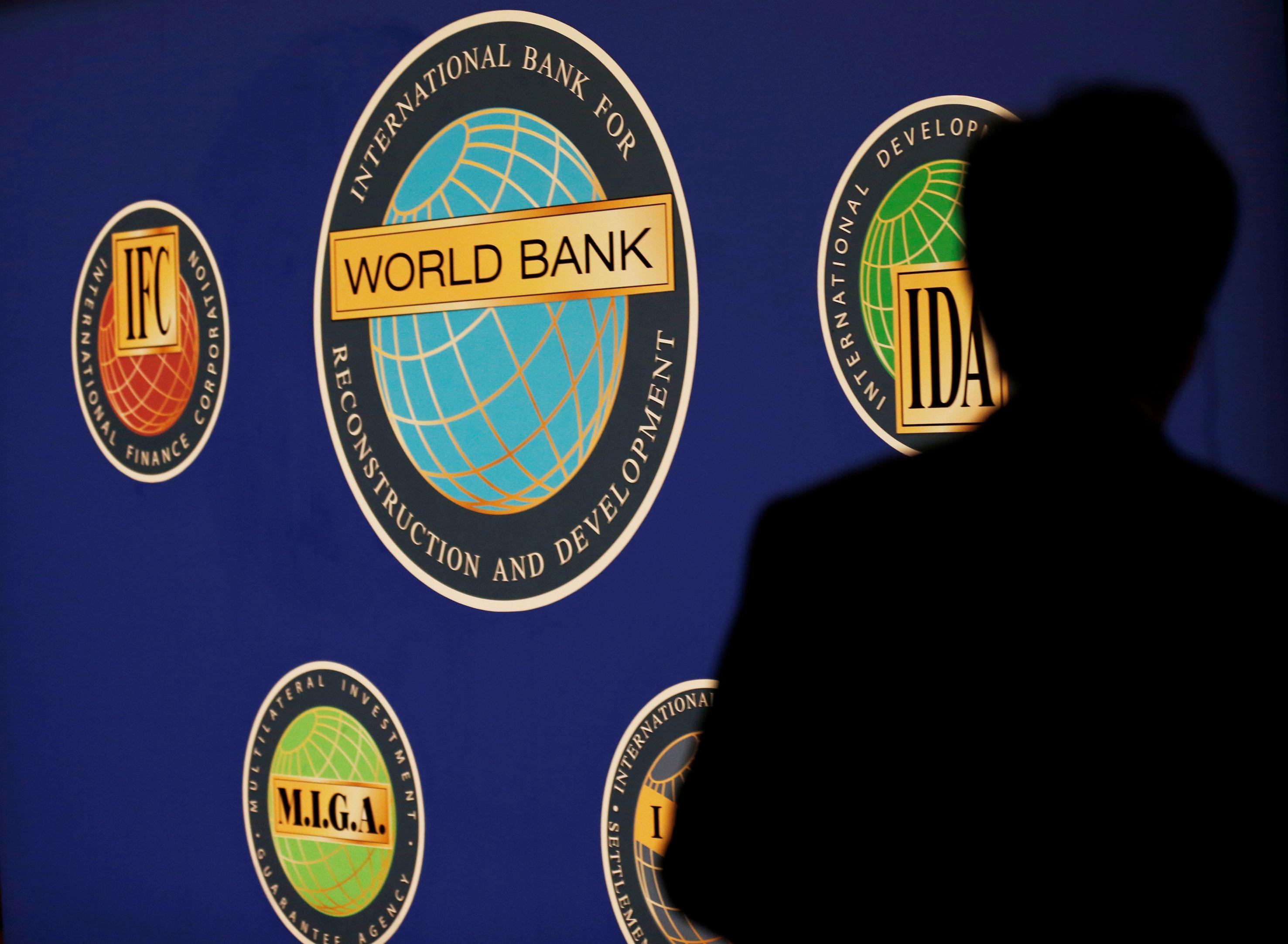World Bank OKs $900-M loans for Philippine COVID recovery projects

Washington-based multilateral lender Word Bank on Thursday announced that it has approved a total of $900-million loan financing to the Philippines for two projects in support of the government’s efforts to recover from the COVID-19 pandemic.
In a statement, the WB said the first is a $600-million project “Promoting Competitiveness and Enhancing Resilience to Natural Disasters Development Policy Loan.”
Particularly, the loan will support transformational reforms to hasten the adoption of digital technologies, promote greater competition, and reduce the costs of doing business to revive more economic activities and jobs in the country, according to lender.
Moreover, the project will help small and medium enterprises bounce back from the pandemic, help citizens cope with social distancing measures and other health protocols, and improve delivery of social assistance to the most disadvantaged groups in society.
It said policy actions supported are critical to a smooth and inclusive recovery, and include reforms aimed at promoting competition and digital infrastructure expansion in the telecommunications sector, shifting to digital transactions for customs procedures to reduce trade costs, indemnity insurance to protect public assets such as schools and hospitals from natural disasters, and implementing the National ID program for financial inclusion and social transfer program delivery.
“Reforms to improve digital infrastructure and speed up adoption of digital technologies will not only help the country’s efforts to recover from the impacts of the pandemic but will also boost its export competitiveness that is vital for creating more and better jobs in the future,” said Ndiamé Diop, World Bank country director for Brunei, Malaysia, the Philippines and Thailand.
“The implementation of the national ID system is a fundamental reform that will allow for better targeting of social programs, reducing transaction costs, and ensuring the protection of vulnerable groups, especially in times of shocks including pandemics and natural disasters,” Diop said.
Meanwhile, the second project is a $300-million “Additional Financing for KALAHI-CIDSS National Community Driven Development Project” (KC-NCDDP) to “help address poverty in poor rural communities.”
Additional funding, WB said, will provide grants to finance community-identified and community-managed responses that restore or improve basic social services to address the impact of the COVID-19 pandemic and other disasters which have disproportionately affected the poorest and most vulnerable municipalities.
“Community-driven development approaches have shown to be effective in accelerating community reconstruction following disaster events and efficiently putting money for priority needs of communities around the world,” Diop said.
KC-NCDDP is implemented by the Department of Social Welfare and Development (DSWD) in partnership with the Department of the Interior and Local Government (DILG).
Also, the Bank noted that using community driven development, poor communities organize themselves, analyze their own situation, prepare project proposals to address common problems, and compete for block grants to finance their own projects.
These community projects include local basic facilities such as access roads/bridges, water systems, school buildings and day care centers, in the poorest barangays/municipalities which have limited internal revenue allotment (IRA) from the national government and are otherwise not reached by other programs due to their geographic isolation and difficult circumstances.
In the COVID-19 context, communities can also secure funding for isolation facilities, improvements in water and sanitation and construction or upgrading of health stations, the lender said.
From 2014 to 2020, beneficiaries have completed more than 28,000 of such community projects in close to 19,000 barangays in 830 municipalities across the country, benefitting a total of 7.8 million families, according to the World Bank. —LBG, GMA News



